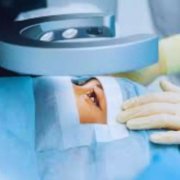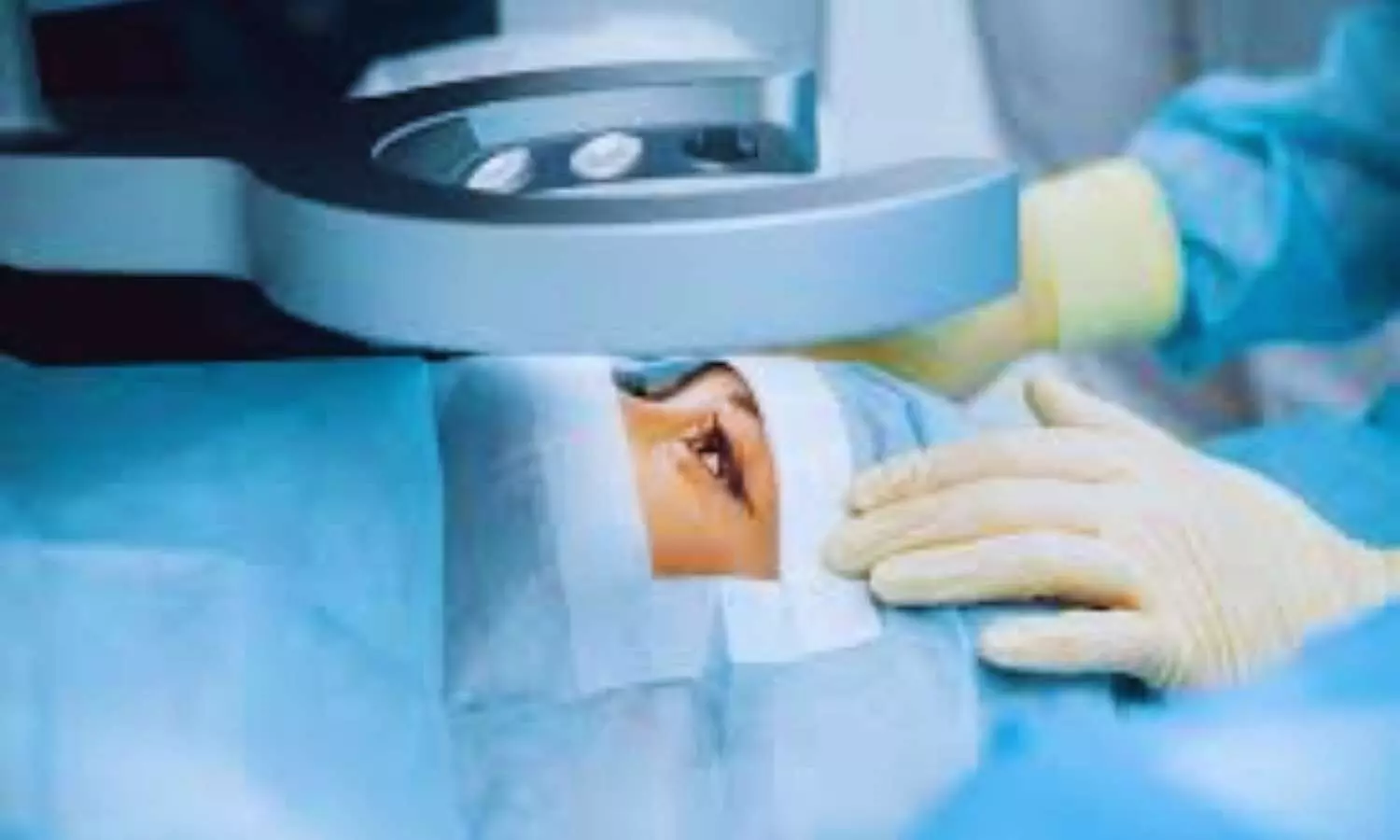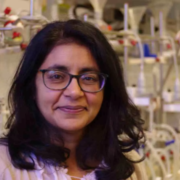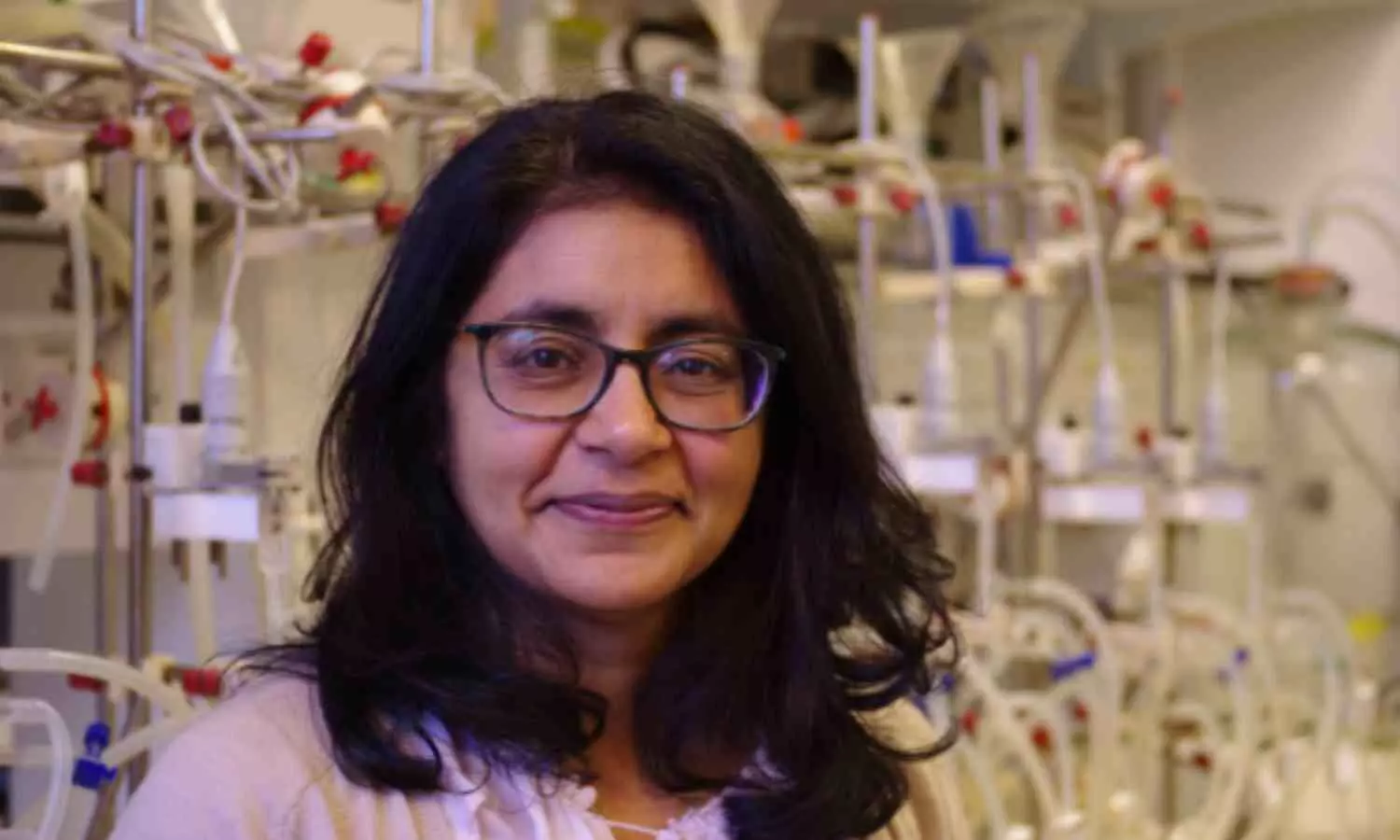Zydus Lifesciences completes enrolment of Phase II clinical trial of Usnoflast in patients with Amyotrophic Lateral Sclerosis

Ahmedabad: Zydus, a discovery-based, global pharmaceutical company, has announced that it has
completed enrolment of its Phase II clinical study of NLRP3 inhibitor ‘Usnoflast (ZYIL1)’ in patients
with Amyotrophic Lateral Sclerosis (ALS).
ALS patients experience neuroinflammation and rapid neurodegeneration leading to steady loss of the
ability to move, speak, eat and eventually breathe. ALS results in loss of motor neurons in the brain and
spinal cord which controls voluntary muscle movement.
ALS affects approximately 31,000 people in
the U.S.A and on an average 5,000 new patients are diagnosed every year with this disease in USA as
per statistics from Centers for Disease Control and Prevention (CDC). More than 30,000 people are
estimated to be living with ALS in Europe (European Union and United Kingdom), while India has an
estimated 75,000 people living with ALS. People living with ALS have a median survival of
approximately two years from diagnosis.
The Phase II clinical trial has recruited 24 ALS patients across 7 clinical trial sites in India and will
study safety, tolerability, pharmacokinetics and pharmacodynamics of Usnoflast. The change from
baseline in the Revised Amyotrophic Lateral Sclerosis Functional Rating Scale (ALSFRS-R) score will
be measured at week 4, week 8 and week 12, as the trial’s primary endpoint is the placebo-controlled,
randomised, double-blind Phase 2 clinical trial.
The trial will also evaluate Key Secondary Endpoints
including Slow Vital Capacity (SVC), a predictor of functional loss in ALS and neurofilament levels at
week 4 and week 12.
Usnoflast (ZYIL1) is a novel, oral small molecule NLRP3 inhibitor. Studies have demonstrated that
ZYIL1 is highly potent in human whole blood assay and can suppress inflammation caused by the
NLRP3 inflammasome. Usnoflast was found distributed in the brain and CSF of various nonclinical
species including mice, rats and non-human primates. The efficacy of Usnoflast has been established in
several validated pre-clinical models of neuroinflammation, Parkinson’s disease, Inflammatory Bowel
Disease (IBD) and Multiple Sclerosis (MS).
The candidate, Usnoflast, has an acceptable ADME profile,
with a good safety margin. In Phase I studies, Usnoflast was found to be safe and well-tolerated [NCT04731324, NCT04972188]. Zydus has initiated a Phase 2 clinical study of Usnoflast in Ulcerative
Colitis [ClinicalTrials.gov ID NCT06398808]. Zydus has established the Phase 2 proof-of-concept in
CAPS patients [NCT05186051] and has now published the data in Clinical Pharmacology in Drug
Development.
The USFDA has granted Zydus an ‘Orphan Drug Designation’ for Usnoflast to treat
patients with Cryopyrin Associated Periodic Syndrome (CAPS), a rare auto-inflammatory disease.
Read also: Zydus Lifesciences gets USFDA nod for asthma drug Theophylline ER
Powered by WPeMatico









